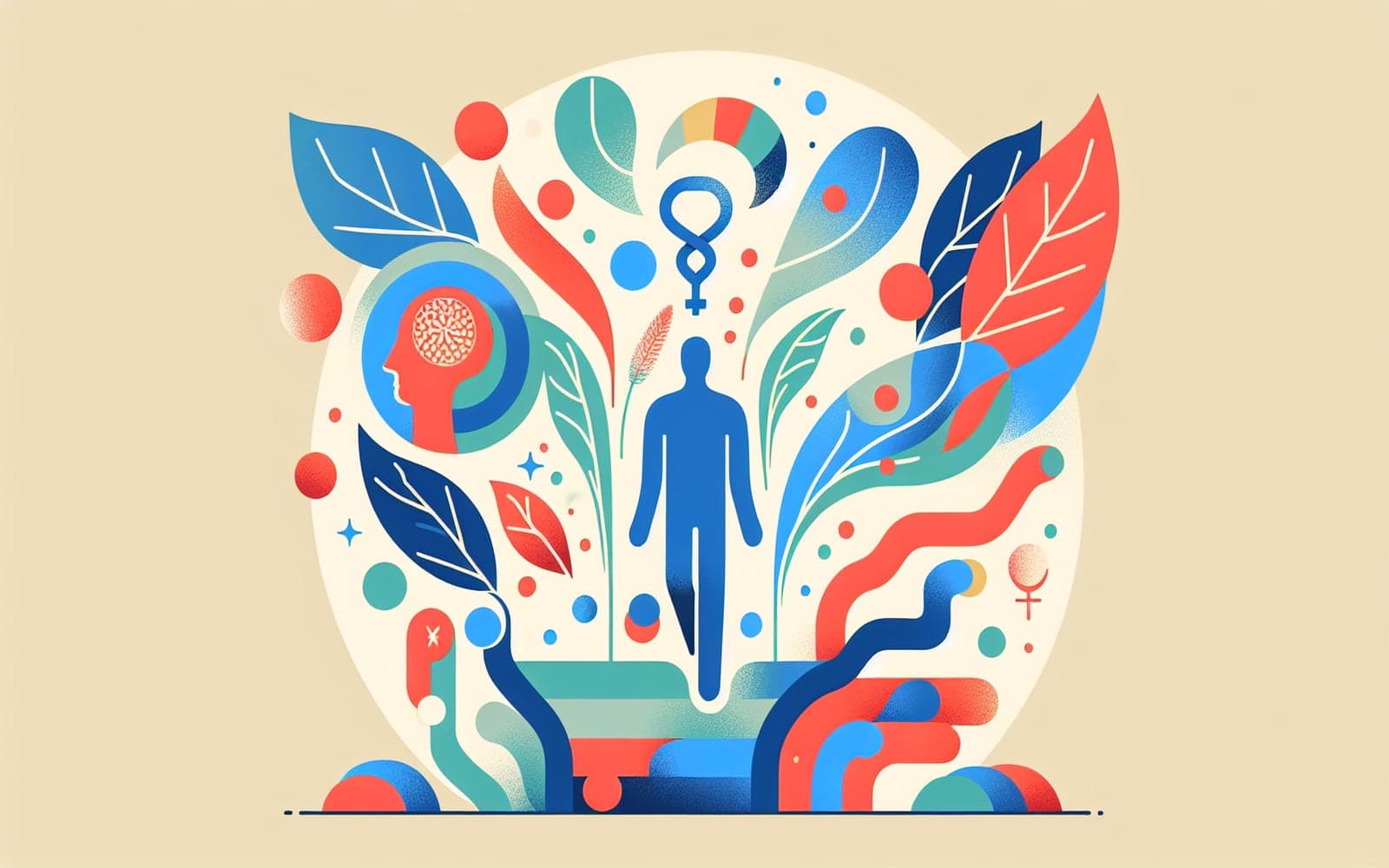What Causes Secondary Adrenal Insufficiency? Unraveling the Mystery
Published: Aug 14, 2024

Medically reviewed by Jerome Albert Ecker | MD, Assistant Professor of Medicine, Duke University - Durham, NC on August 14th, 2024.
Secondary adrenal insufficiency occurs when the pituitary gland fails to produce enough ACTH, a hormone that stimulates the adrenal glands. This can lead to a cascade of hormonal imbalances affecting your entire body.
Contents
Pituitary Problems
The most common cause of secondary adrenal insufficiency is pituitary gland dysfunction. This can result from tumors, infections, or injuries to the pituitary. Think of the pituitary as the conductor of your body's hormone orchestra – when it's off-beat, the whole performance suffers.
Genetic Factors
Some rare genetic conditions can cause secondary adrenal insufficiency. These include mutations in genes like POMC and TPIT, which are crucial for producing ACTH. It's like having a faulty blueprint for your hormone factory.

Medication-Induced Causes
Certain medications can trigger secondary adrenal insufficiency. Long-term use of high-dose steroids, some cancer treatments, and even some pain medications can suppress ACTH production. It's similar to how overwatering a plant can actually harm it – too much of these medications can 'drown out' your body's natural hormone production.
Frequently Asked Questions
Chronic stress alone doesn't typically cause this condition.
In rare cases, it can be caused by inherited genetic mutations.
Treatment depends on the cause, but often requires lifelong hormone replacement.
Key Takeaways
Identifying the cause of secondary adrenal insufficiency is crucial for proper treatment and management.
Wondering about the causes of hormone imbalances? Consult with Doctronic to explore potential factors affecting your adrenal health.Related Articles
References
Grossman AB. Clinical Review#: The diagnosis and management of central hypoadrenalism. J Clin Endocrinol Metab 2010; 95:4855.
Arlt W, Allolio B. Adrenal insufficiency. Lancet 2003; 361:1881-1893.
This article has been reviewed for accuracy by one of the licensed medical doctors working for Doctronic. Always discuss health information with your healthcare provider.

